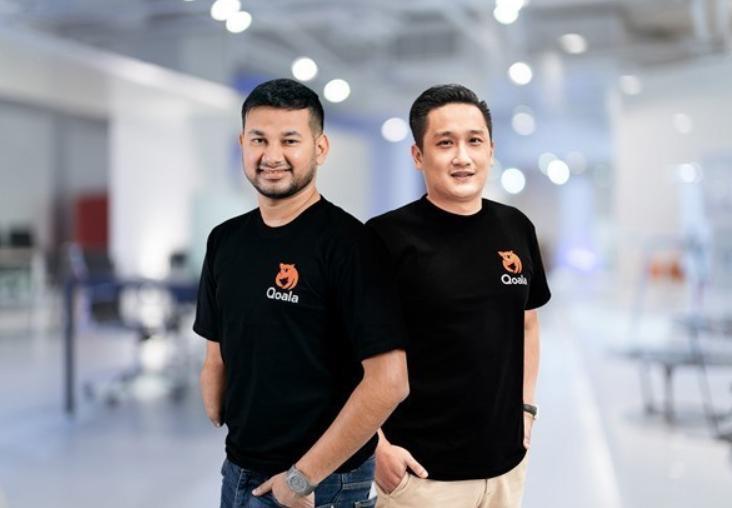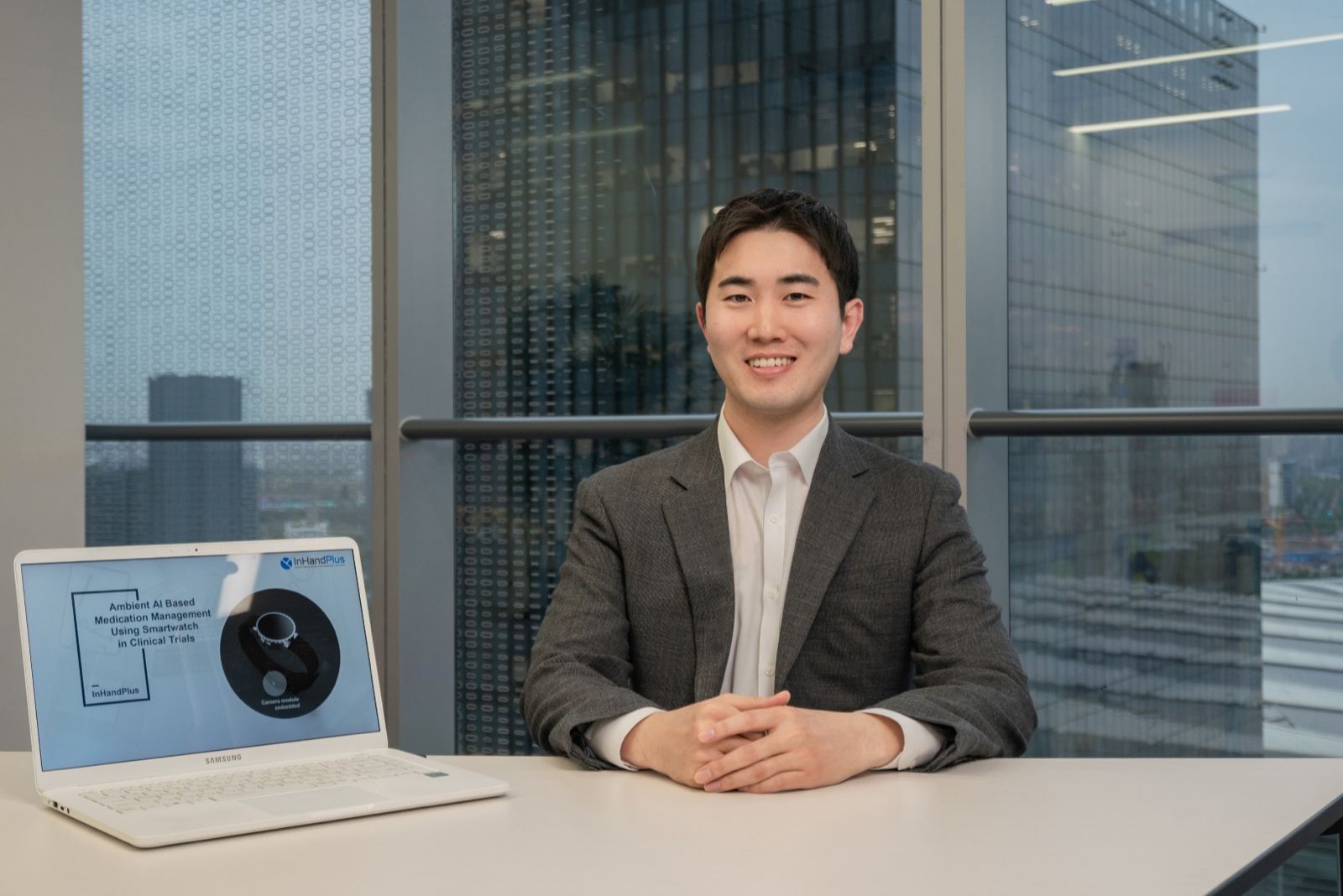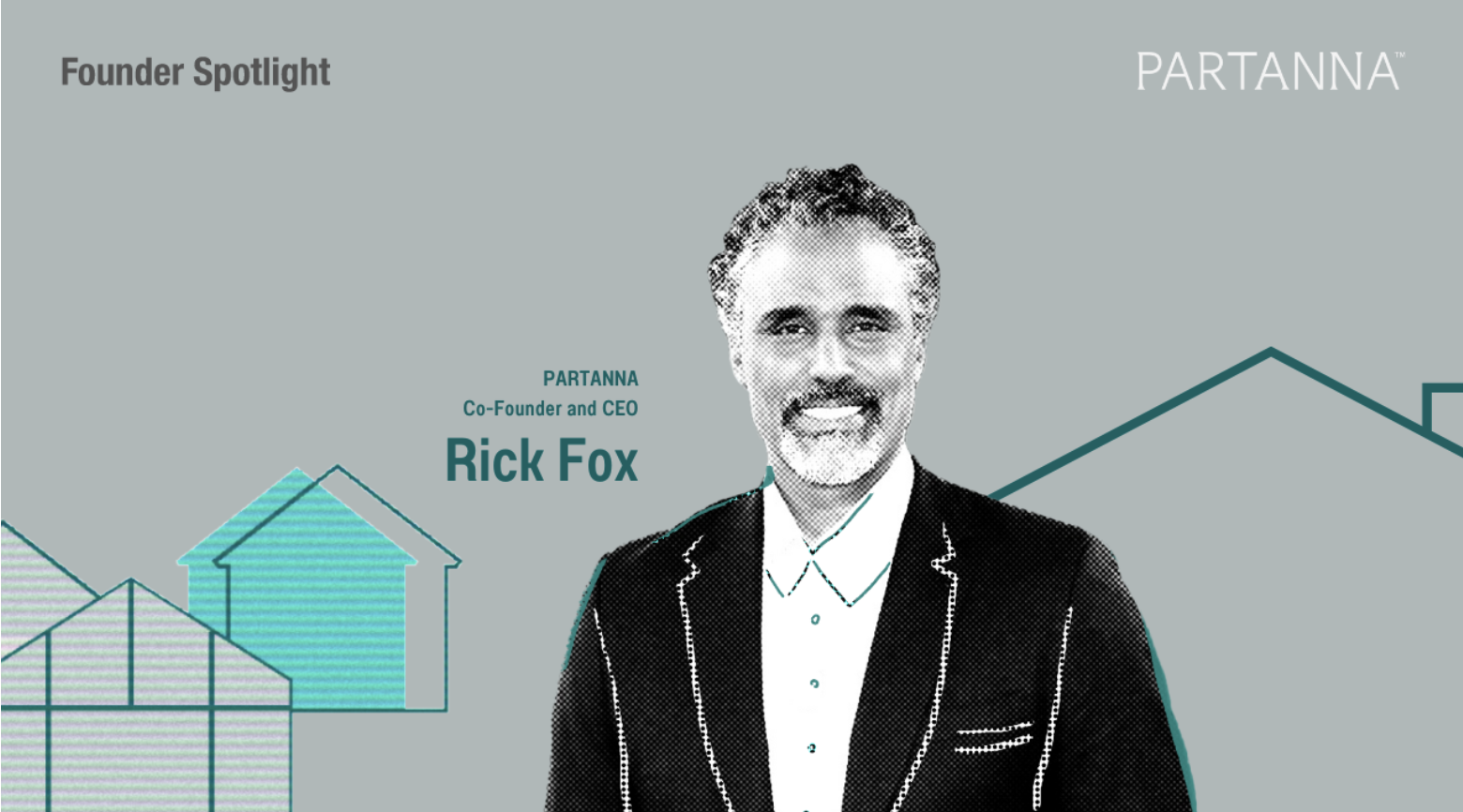AsiaTechDaily – Asia's Leading Tech and Startup Media Platform

Indonesian insurtech startup Qoala raises $65m in Series B round
Indonesian insurtech startup Qoala announced raising Series B funding of $65 million anchored by Eurazeo with participation from several existing investors including Flourish Ventures, KB Investment, MassMutual Ventures, MDI Ventures, SeedPlus, and Sequoia Capital India.
In addition, BRI Ventures, Daiwa PI Partners, Indogen Capital, Mandiri Capital Indonesia and Salt Ventures also joined the investment round as new investors.
Qoala distributes retail insurance products to consumers for car, bike, home, and health through its omnichannel platform. Based in Indonesia, the platform has successfully expanded to Thailand and Malaysia in 2021, strengthening its commitment to make makes insurance accessible, easy to understand, and help consumers better with their claims.
Qoala focuses on “retail insurance” which involves insurance for cars, bikes, homes, and health. “Qoala is the only insurtech with licenses in three markets in SEA and with this new round we are optimistic in sustaining our growth momentum. Our business in Thailand has also already grown by three times since we joined forces with FairDee in February 2021, which gives us confidence in our expansion capability,” added Tommy Martin, Co-founder and COO of Qoala.
The funding also demonstrates appreciation and trust from both Qoala’s existing and new investors to continue its growth in the insurtech sector. “We will continue to invest towards scaling up Qoala’s reach in our core markets and focus on enhancing our technology and product experience to greatly reduce the hurdles to accessing insurance that are today still very significant,” said Harshet Lunani, Founder and CEO of Qoala.
Furthermore, Qoala aims to add over 250 employees this year focus on building out an engineering and product management hub in Gurugram, India. In parallel, Qoala also plans to grant employees with equity compensation and give them the right to acquire shares in the company to strengthen employee ownership in the company.
Insurance penetration in Indonesia is currently only 2%, far behind the global average of 6%, with most consumers just beginning to understand the value of insurance and hence there is plenty of room for growth, added Harshet.





